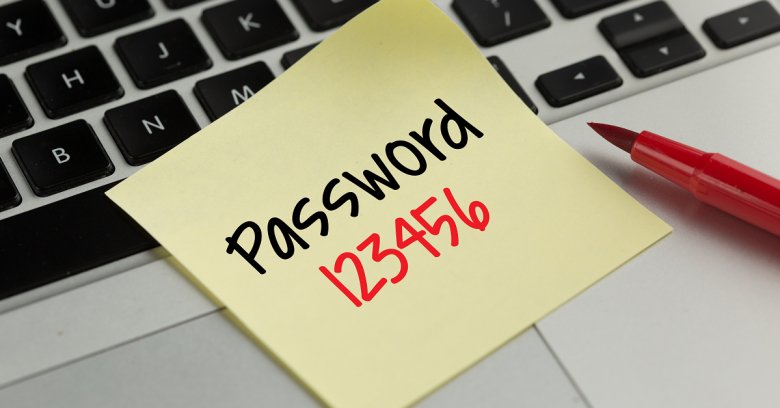
Experts explain why this combination of characters has been linked to multiple incidents of data breach
According to network security and ethical hacking specialists from the International Institute of Cyber Security, a recent investigation revealed that the character combination ‘ji32k7au4a83’ is one of the most used passwords, but is also one of the most vulnerable.
It may look like a random character combination, but experts say it’s a really weak password. Users who have tried to register for an online service using a flimsy password (such as ‘01234’, ‘password’ or ‘querty’) will receive a message from the platform in question, mentioning that for security reasons the user must choose a new password, combining letters and numbers, plus this password must have a reasonable extension (it should not be too short or too long to remember it).
Network security specialists say that ji32k7au4a83 appears frequently in the information lists leaked by data breach incidents. Information security platforms, such as Have I Been Pwned, which stores information on data theft, show this combination of characters with a surprising frequency.
This password has been identified as compromised information in at least 140 data breach incidents, which caught the attention of many members of the cybersecurity community, who put their hands to work to try to explain the curious phenomenon.
The answer arrived shortly after: The use of this password is due to the Zhuyin Fuhao, the Chinese phonetic system used to transliterate the Mandarin; because of this, virtually every computer user in Taiwan uses that system on their keyboards.
Typing in Chinese characters requires pressing a sequence of different keys. In this case, the combination of characters ‘ji3’, ‘2k7’, ‘au4’, and ‘a83’ (which make up the password in question) corresponds to the keys required to write 我的密碼 what on a conventional keyboard is equivalent to typing ‘MY PASSWORD’.
i3 = 我 = M
2K7 = 的 = Y
au4 = 密 = PASS
a83 = 碼 = WORD
By entering these characters in the password field using a Zhuyin keyboard, the system will convert them by default into Latin alphabet writing, resulting in the sequence ‘ji32k7au4a83’, so the network security specialists came to the conclusion that thousands of Mandarin speaking users make an elementary security error, working with very simple and easy to guess passwords.

He is a well-known expert in mobile security and malware analysis. He studied Computer Science at NYU and started working as a cyber security analyst in 2003. He is actively working as an anti-malware expert. He also worked for security companies like Kaspersky Lab. His everyday job includes researching about new malware and cyber security incidents. Also he has deep level of knowledge in mobile security and mobile vulnerabilities.











